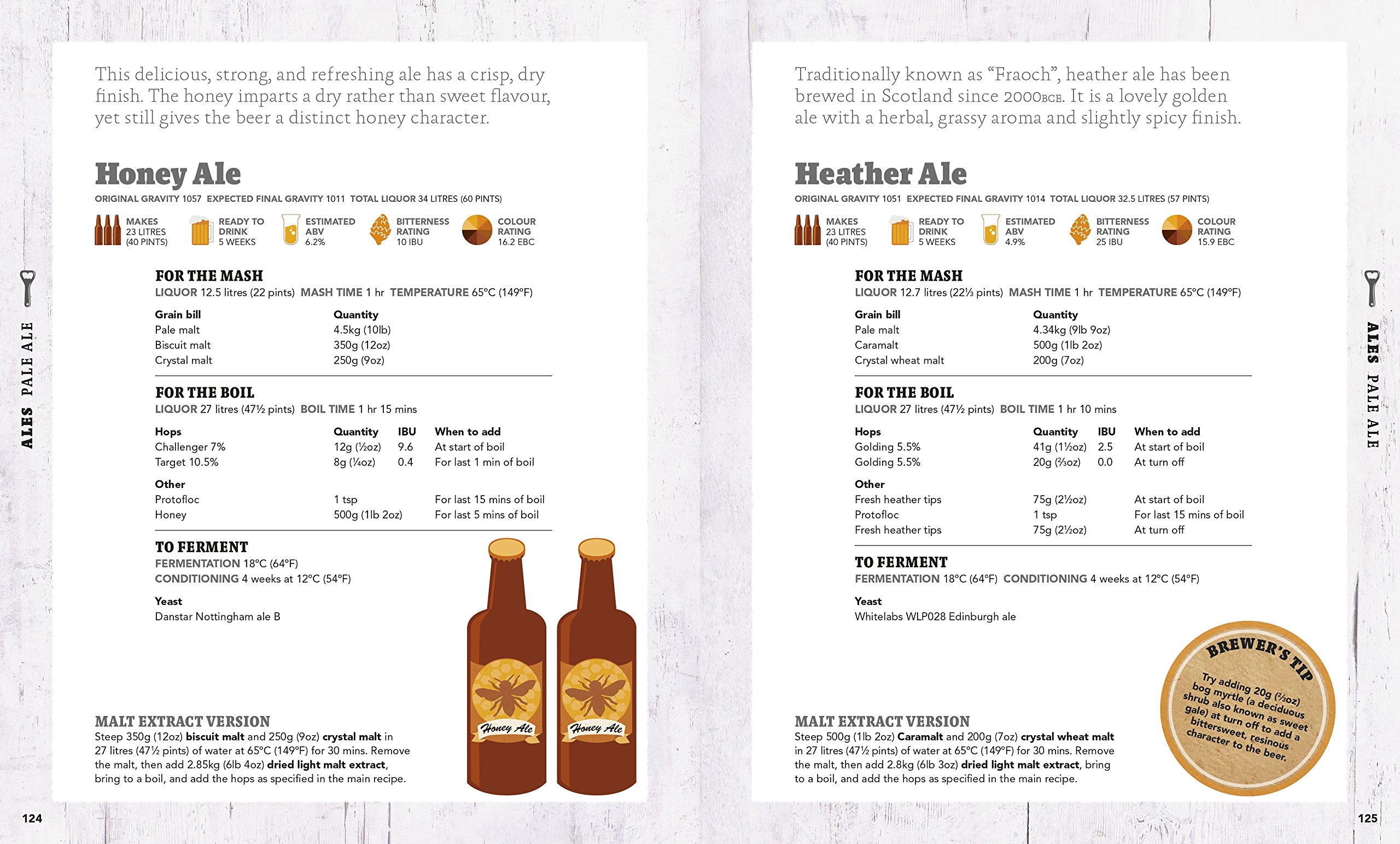Hi there @IRBrew and welcome to the forum!Hi, My first post here. I'm just getting back into brewing after a break of about 20 years. I've only ever brewed from extract kits but I really like the look of this method, particularly the idea of doing more smaller batches. I would like to do some 10 litre brews using this method. A few questions:
I'm assuming a 15L pot will be adequate?
Any reason not to use BIAB?
Anyone like to suggest some nice stout recipes that would work with this method
Cheers!

After one kit brew I moved on to this method and I've just brewed AG#8 using fundamentally the same process - all my brews are around 10-12L.
I think a15L put would be just about ok, just be careful of boil overs.
I don't BIAB as such - I mash and sparge in the brew kettle in the oven (it fits - just!).
But I use a grain bag as a sieve to separate the grain and wort - put the bag over a nearby container (plastic FV in my case) and pour in the wort from the brew kettle.
After I mash I put the grain & bag in the brew kettle for a 10min dunk sparge as per this method.
Repeat the above process to separate the grain and wort, and finally give the grain bag a good squeeze (wearing marigolds - 80degC wort is hot!) to liberate a bit more wort.
I don't have any stout recipes but "Home Brew Beer" by Greg Hughes is well recommended and has some simple porter and stout recipes (I'm brewing his brown porter at the moment).
Best of luck with your brewing.
Cheers,
Matt










































